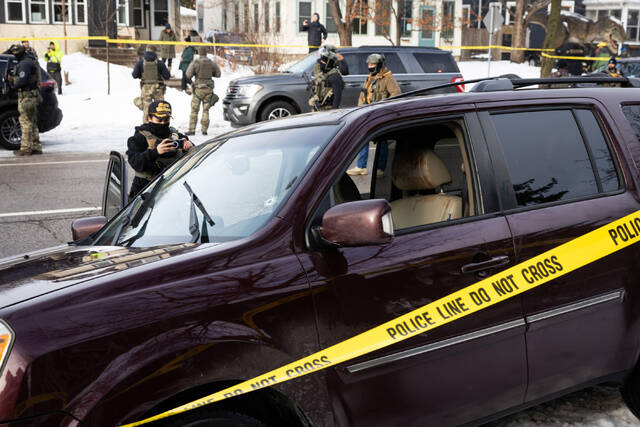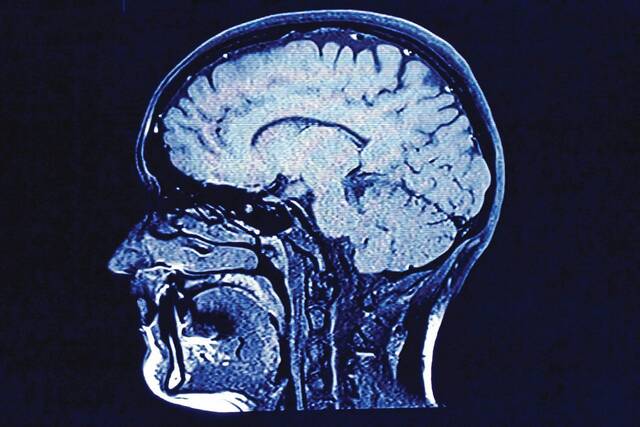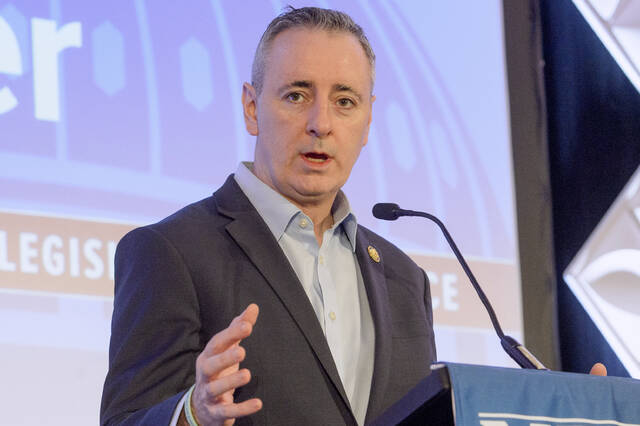They call it “the trolley problem.”
It’s a question that I first encountered in my very favorite course at Penn State — a small philosophy class with a professor who cared much less about the grade you earned than the things you thought and what they motivated you to do.
I did not take a philosophy class because of a burning interest in existentialism. As with many who find their way through those doors, I took the class because I needed one more credit to qualify as a full-time student, it fulfilled a general education requirement and it fit my schedule.
It was the best accident ever.
On the first day, the professor asked us the question that British philosopher Philippa Foot first posed in 1967.
If you saw a runaway trolley hurtling toward five people, and you could save them by flipping the car to another track, killing just one person, would you do it?
At first, I was resolute. Of course I would do it. The math of five lives against one was obvious. The scales tilted toward the greater number.
But he stopped me with another question. Would it matter who the people were? One child versus five elderly nuns? A doctor versus five criminals? My mother versus five strangers? And if it would matter, why? If it wouldn’t, why not?
I could practically hear the things I believed fracturing in my brain, splintering into shards of faith and fact.
I can pinpoint that day in the spring semester of my freshman year as the day I learned there is never just one answer to an important question.
I wish more people had a chance to take a class like that.
The trolley problem isn’t alone in the way it teaches us about losing situations and what they cost us.
‘Star Trek’ fans know about it through the Kobayashi Maru training exercise. It’s a test that cadets at the fictional universe’s Starfleet Academy take to see what they would do in unwinnable scenarios and how they meet that challenge.
Only one cadet ever bested the exercise, and James T. Kirk did it by cheating.
Right now, the tug-of-war between the coronavirus pandemic threatens lives and the attendant economic crisis impacts livelihoods. Both are having a domino effect on everything from school to work to child care to mental health to family life to literally any other topic you can name.
That means that all of us are living our own real-life trolley problems every day.
We are facing questions that could have tragic consequences one way or the other. Do we let the train hit five people or do we choose to let it hit one? We are all on the bridge of the Starship Enterprise, wondering what to do about the Kobayashi Maru simulation and whether or not there is a way to hack the test and get out without losing the game.
What we have to realize is there will never be a perfect solution.
We can’t get out without casualties. America is already bearing down on 100,000 lives lost. Unemployment numbers have crossed 40 million.
All we can do is remember that the purpose of the trolley problem is to make us think about our answers. Who are we trying to save? Would it matter if they were different people? And why?








